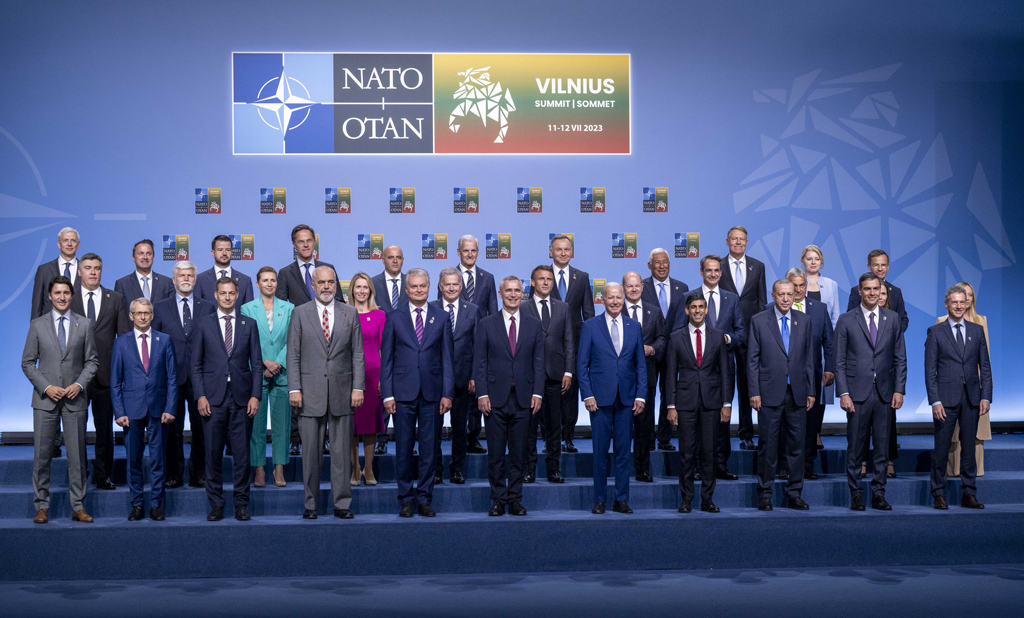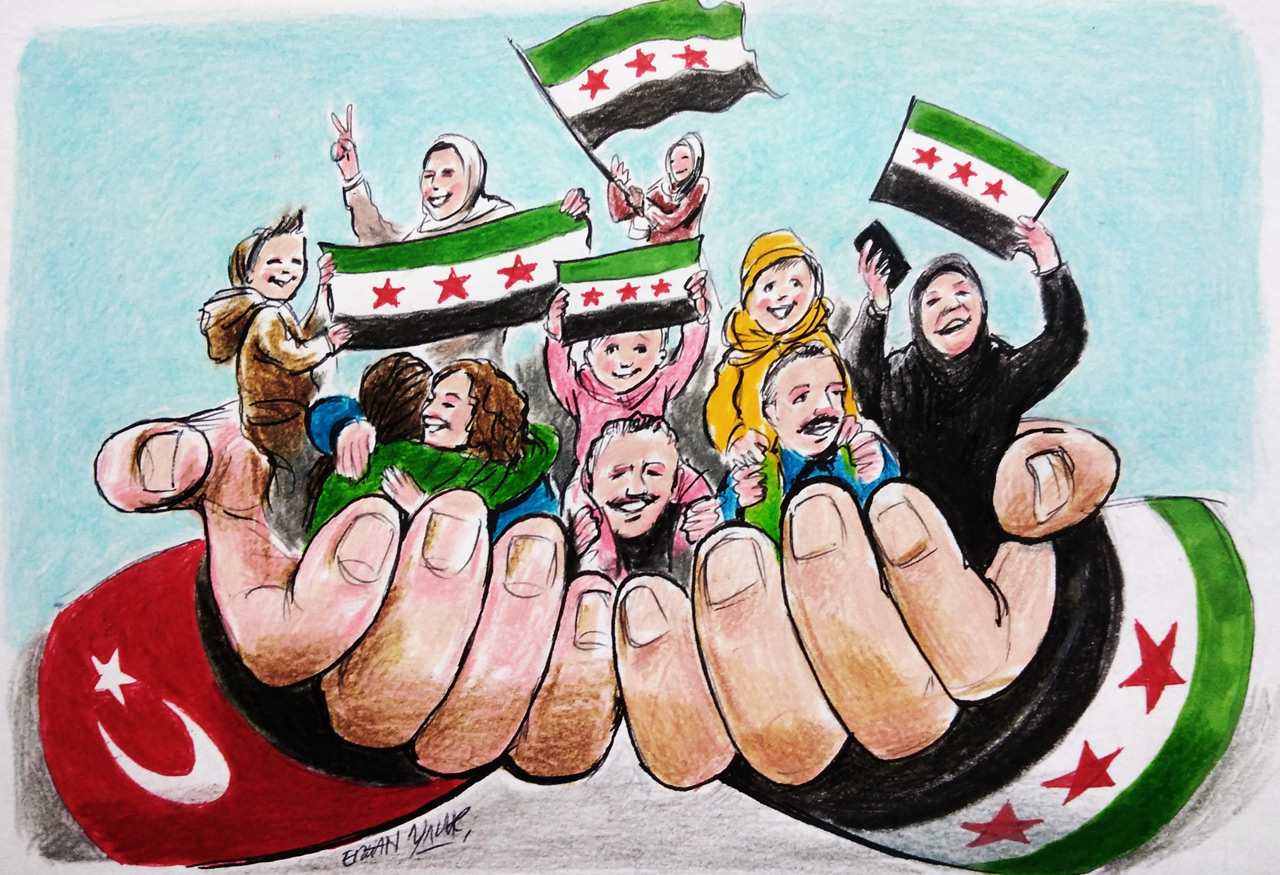
Women's empowerment and recognition in politics
he role and position of women in politics has been a matter of debate for a long time. The topic has not only been of interest for academics but also for individuals, organizations and institutions focused on the empowerment and recognition of women in politics.
Share
The role and position of women in politics has been a matter of debate for a long time. The topic has not only been of interest for academics but also for individuals, organizations and institutions focused on the empowerment and recognition of women in politics. Why do women participate less in politics compared to men? In which stages they are excluded from politics? Are they excluded as politicians or are their thoughts, contributions or issues underestimated in politics? These decades-old questions still haunt the ongoing discussion.
Alhough problematic issues related to women's empowerment and recognition still exist, scholars often pay more attention to understanding the root causes of the system's failure. In today's world, understanding women's representation in politics requires interaction with various disciplines such as political science, sociology, psychology and anthropology. These disciplines mostly concentrate on the gender gap in the health, education, economic and political sectors. While most of these studies prefer to use a historical comparative method in examining the positions of women in different countries under the current paradigm, it is obvious a detailed description of women's rights in specific countries and regions in today's world is needed.
Nonetheless, studies conducted with current methods are helpful, not only in providing information about women in politics, but also for presenting valuable data on indirect phenomena affecting female representation, such as electoral systems, economic participation and opportunities, educational opportunities, and intrinsic historical and cultural variables, includingthe common existence of patriarchy-based prejudices about women. Indeed, the failure of female empowerment and recognition has root causes in deficiencies in these issues. For instance, electoral systems and political culture are determinant of women's empowerment and recognition since proportional electoral systems provide less gender gaps in political engagement. Furthermore, as it is stated the "Global Gender Gap Report" published annually by the World Economic Forum (WEF), women are still unable to attain equal opportunities to showcase their skills, ideas and perspectives compared to men and the situation, unfortunately, has become much worse worldwide despite decades of effort.
The recent data shows that women's empowerment and recognition in politics has faced a sharper decrease compare to other areas. Across the globe, the number of women in parliaments, leadership positions and ministerial appointments is decreasing day by day, despite the fact that some countries set gender quotas to ensure fair representation. Because of the systems' deficiencies, possible ways to prevent this discrimination have been introduced by relevant actors and organizations.
As one of the signs of progress, inclusive programs to promote female representation have come to the forefront, especially since the 2000s. Since inclusivity has become a hot topic for both academia and daily politics, female participation also become one of the main areas of discussion. Inclusivity refers to the recognition of different groups in political processes to provide equal representation. It refers to the inclusion of women, youth, different ethnic groups and religious communities. Yet, it is obvious there is a problem in providing inclusivity by involving more women in political processes.
At this point, the effectiveness of gender quotas for the representation of women in politics is being questioned. Does the increase in the number of women in politics provide higher representation and recognition? Current studies and data indicate that counting the numbers of women present in politics does not automatically bring more female representation. Especially in recent years, there has been an increasing effort to differentiate the number of women in politics and their influence in politics – basically quantity versus quality. As a result, the study found that female representation in politics cannot always create awareness about gender-related issues in different circles of society, and often what is achieved cannot be sustained in the long term. For instance, in some post-conflict countries, such as Uganda and Rwanda, even when female politicians got critical positions in politics, the situation did not get better for ordinary women and there was not any progress in raising awareness of gender-related issues in society. Thus, international, regional and local organizations must focus on creating bottom-up awareness of gender sensitivity for the entire community.
Consequently, even if actions promoting gender equality are taken into consideration, the implementation mechanisms are still insufficient to realize them. At this point, it is necessary to develop well-equipped strategies to improve gender equality in policies and practices and to create programs that will lead to a gender balance in politics. To achieve this, it is important to include local actors in the process. This way, each society will play an active role in designing programs that can address the appropriate hurdles blocking women's empowerment and recognition in politics and regional societies in general.
[Daily Sabah, 11 October 2018]
Tags »
Related Articles








